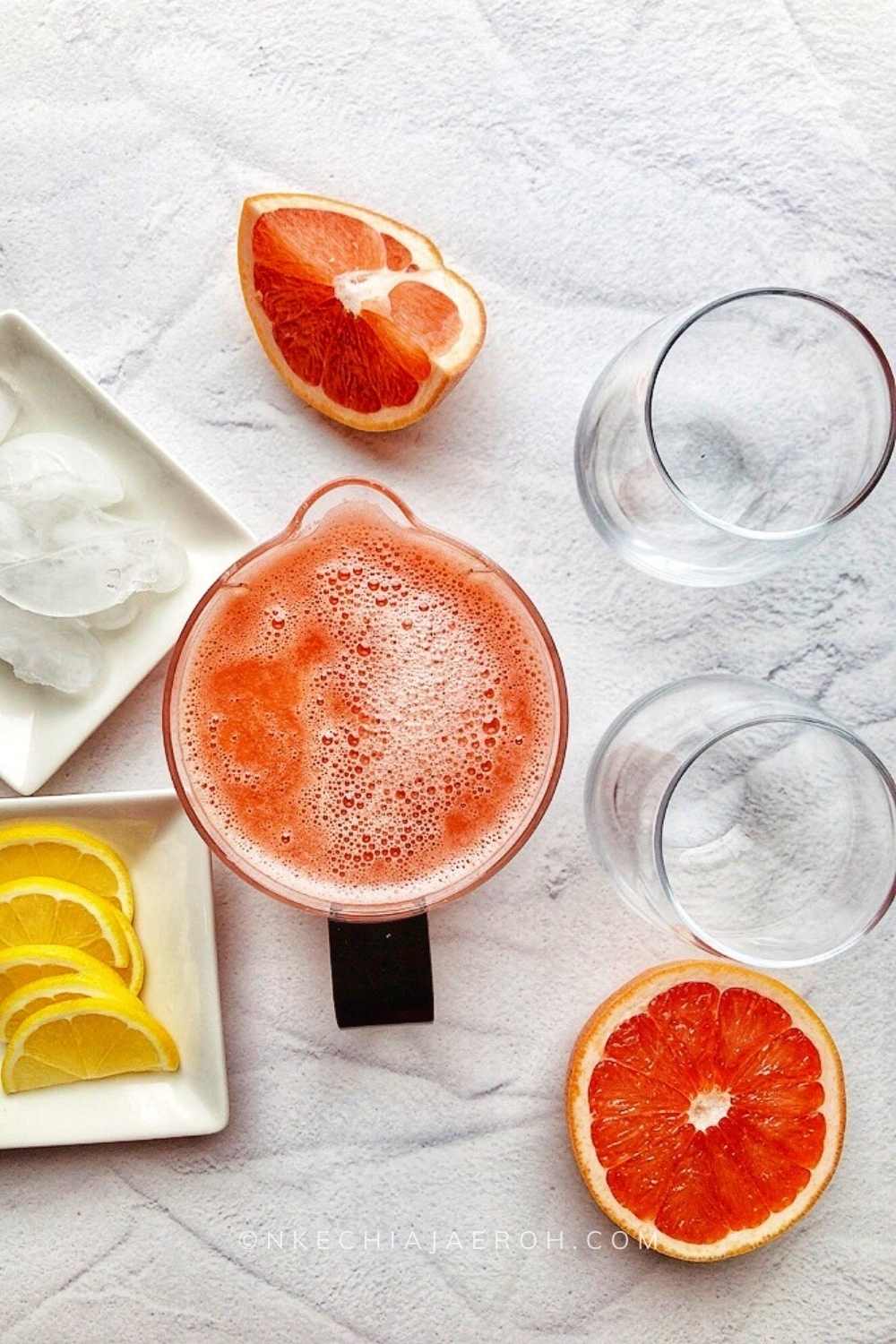
Because of this, people should talk with their doctor or pharmacist about potential drug interactions, including the impact of drinking grapefruit juice, when starting a new medication. Because there is individual variability in how our bodies process and metabolize medications, some people may be more susceptible to drug interactions related to grapefruit juice consumption. Since the actions of many medications within our bodies are affected by both p-glycoprotein and cytochrome P450 3A4, consumption of grapefruit juice can be harmful for some people. Grapefruit juice’s effects on p-glycoprotein can result in higher or lower levels of medications within the body, and this side effect of grapefruit juice can cause both adverse effects and decreased medication effectiveness depending on the individual. Grapefruit juice also affects the activity of p-glycoprotein, a protein system that helps transport drugs back and forth across cells in our bodies. When people who take these medications drink grapefruit juice or consume fresh grapefruit, the body may not break down the medications in a normal manner, and this can lead to unwanted side effects and toxicity in susceptible individuals. These enzymes, known as “cytochrome P450 3A4”, are involved in the metabolism of numerous prescription and over-the-counter drugs including fexofenadine (Allegra®), statin drugs (simvastatin and atorvastatin, and buspirone (BuSpar®). In humans, the prominent furanocoumarins that are present in grapefruit are also known to block the activity of intestinal enzymes that assist in the breakdown of many medications. Furanocoumarins are natural compounds that play a role in citrus plant defense mechanisms against insects and other stressors. Grapefruit is also our largest dietary source of furanocoumarins. Grapefruit contains multiple natural compounds including flavonoids, organic acids, and carotenoids.

Why does grapefruit juice interact with some medications? Since then, multiple other studies have evaluated the potential interactions between grapefruit juice and medications. The study authors concluded that this clinical effect was possibly due to an unexpected effect of the grapefruit juice.

Surprisingly, blood levels of felodipine were significantly higher in the individuals who consumed felodipine with the ethanol/grapefruit juice mixture than in those who took felodipine with the placebo drink, and the patients who drank ethanol/grapefruit juice also had lower blood pressures than the study participants who consumed placebo.

In this study, participants were administered either a drink without ethanol (the placebo) or a drink that had ethanol mixed with grapefruit juice to mask the taste, followed by a dose of the blood pressure drug. This phenomenon was initially reported in a 1989 study that investigated the potential interactions between ethanol and felodipine, a drug used to treat blood pressure. While citrus fruits are often celebrated for their health-promoting activities, the consumption of certain citrus fruits can cause interactions with many prescription and over-the-counter medications.
#GRAPEFRUIT JUICE INTERACTIONS FULL#
The Full Story Can I drink grapefruit juice with my medicines?


 0 kommentar(er)
0 kommentar(er)
